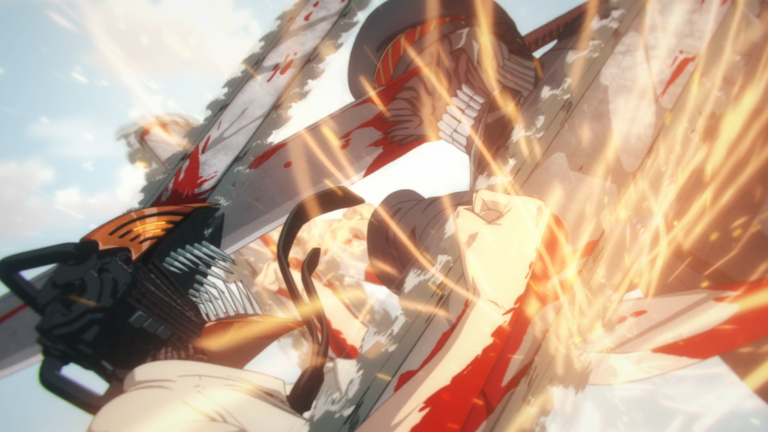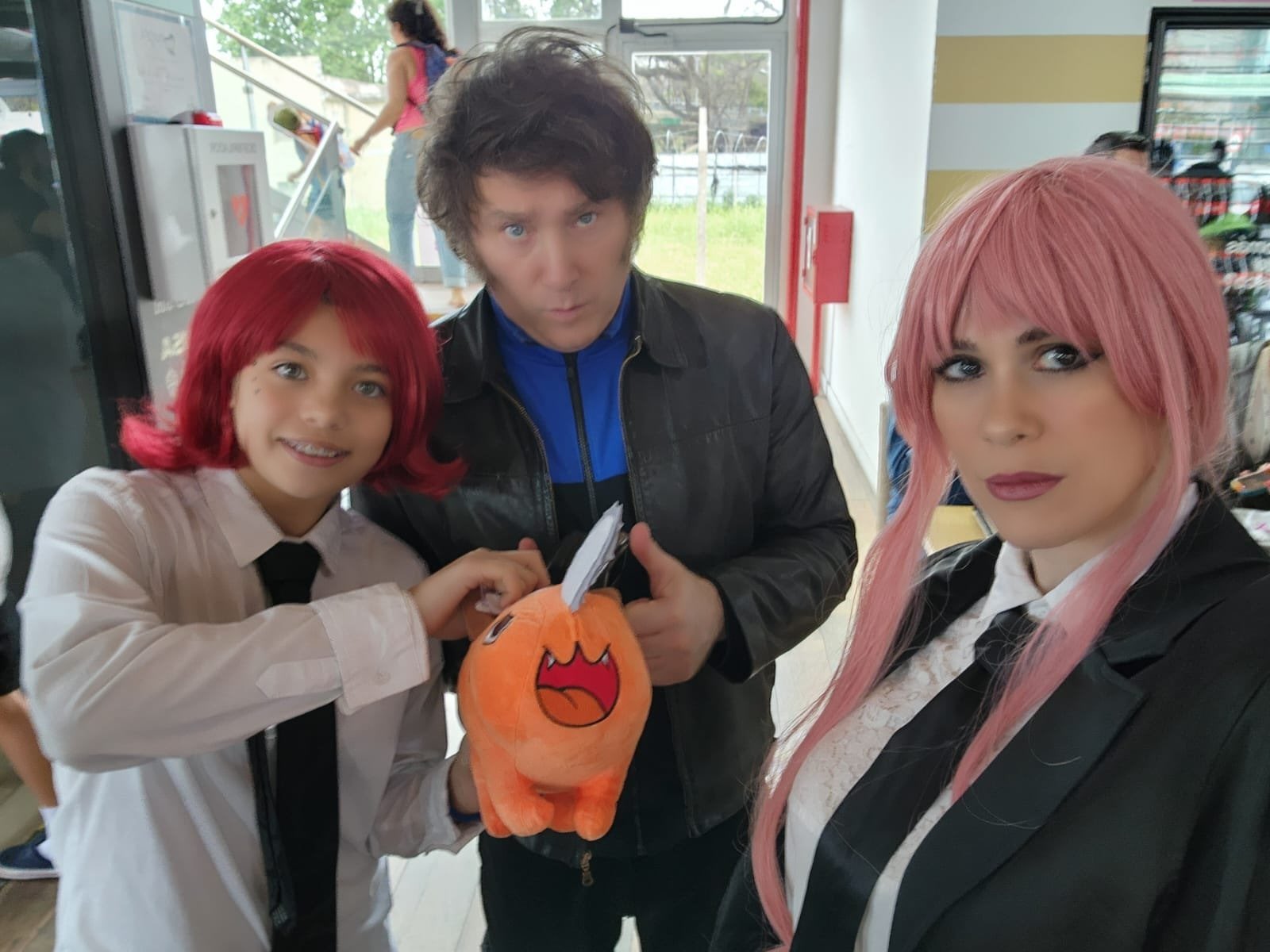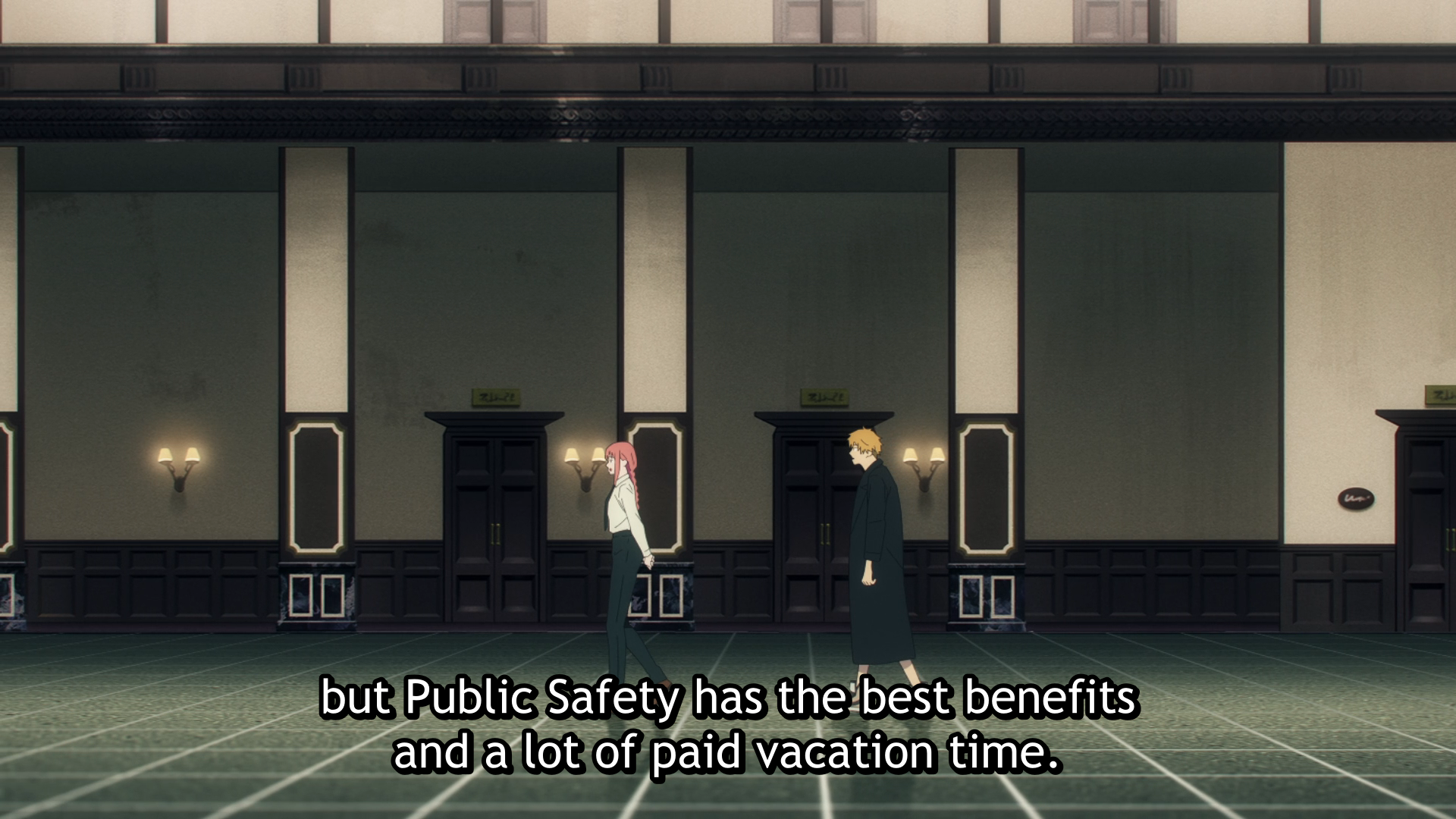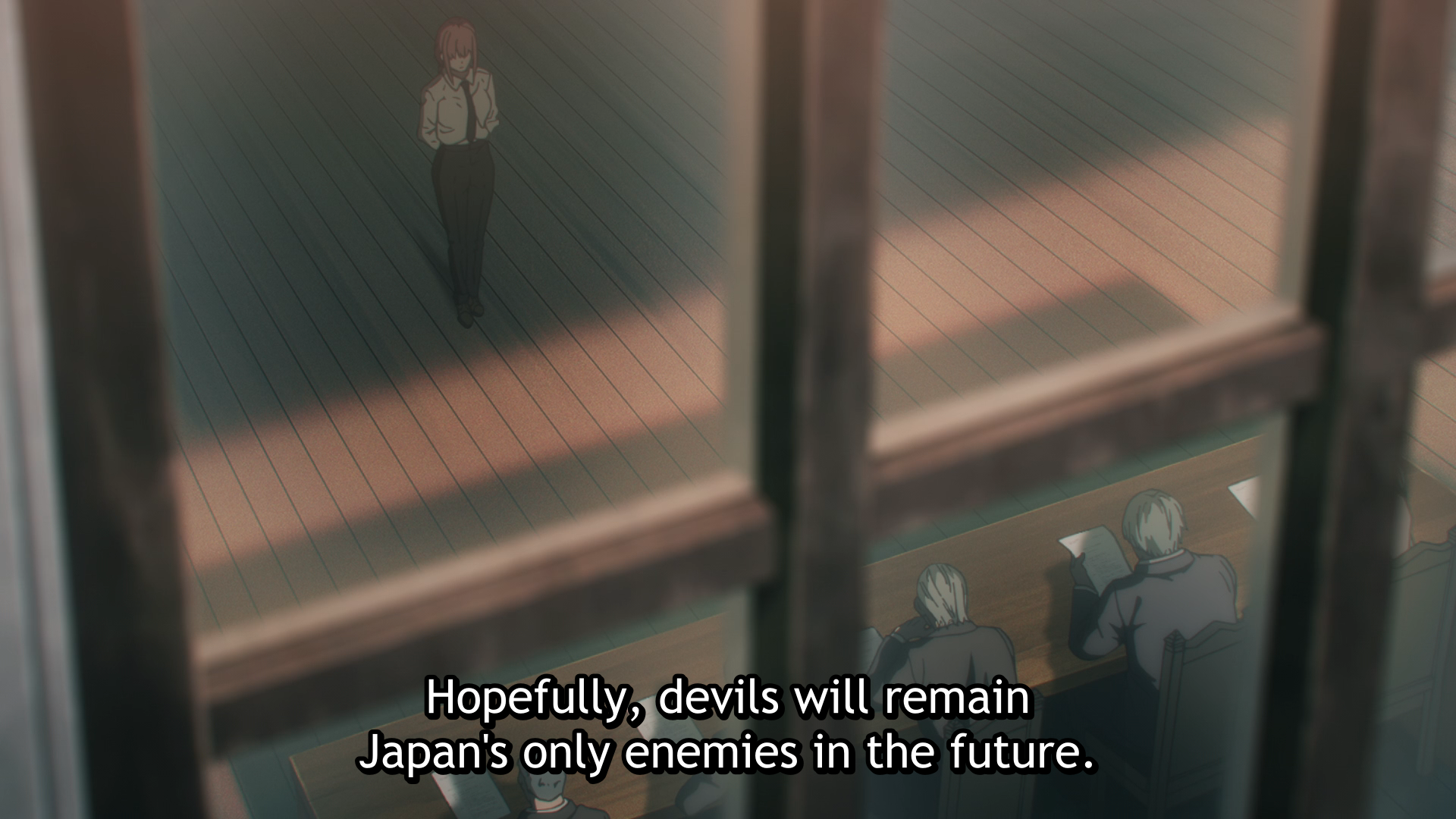Argentina’s newest president Javier Milei has created a strange crossover: fans of his cosplaying as Chainsaw Man characters at rallies and campaign events. Mr. Milei is a far-right libertarian who has pledged to slash spending and taxes while bringing chainsaws to rallies as a campaign symbol. He is (ostensibly) an economist and (definitely) a former television personality with next to no political experience. This, alongside his brash attitude, claims of voter fraud in elections, and penchant for denying things like climate change and historical atrocities has led to him being compared to Donald Trump. He also strongly attacks news media and tends to claim that there are secret groups of people that control the entire country from the shadows.
His general pushes for incredible austerity, the closing of Argentina’s central bank, the complete privatization of state industries, and the replacement of Argentina’s currency with the United States dollar are all efforts to open markets and reduce state regulation (especially on things like guns). His use of chainsaws as a prop makes sense for this; chainsaws cut and slash and he wants to cut and slash spending. While people are now calling him “the Chainsaw Man” and calling him “the devil that devils [corrupt politicians] fear,” he doesn’t quite line up with the world as it exists in the Chainsaw Man manga or anime.
For those who don’t know, the history and timeline of Chainsaw Man are different than those of the real world. Within diving into spoilers, this has to do with the powers of the various devils in Chainsaw Man. And how their powers shaped the 20th century. In the series, devils are formed as physical manifestations of things feared in the collective unconscious. Devils are named based on a “thing” that is feared (e.g. guns, darkness, the future) and are more powerful the more the thing they represent is feared by humans. In the world of Chainsaw Man, the Soviet Union still exists and World War II, the AIDS epidemic, nuclear weapons, and atrocities like the Holocaust never existed/happened or were wiped from history due to the devils’ power. The reason this is important in the context of Argentina has to do with the history that led to someone like Mr. Milei taking power and how crucial parts of that history either don’t exist or cannot exist in the world of Chainsaw Man.
Neoliberalism and Militarism in the Real World
By way of an incredibly brief explanation: in Latin America, and in Argentina and Chile especially, the latter mid-late 20th century (1970s ish) the time period involved left-leaning / left-adjacent movements pushing for larger state power. Collectives of the lower and working classes were empowered through government agencies and socialized industries such that elite power was threatened. In response, traditional elites, alongside military and financial leadership from the United States, led a variety of coups and propped up opposition political parties in Latin America. The US explicitly orchestrated coups that aimed to undermine any left-wing or even potentially communist power and replace state protection with wildly free markets. Neoliberalism, a political philosophy fairly linked with institutions like the International Monetary Fund, the International Development Bank, and the World Bank and policies that reduce or eliminate state involvement in industry, privatize public assets, and massively reduce public spending, was incredibly useful to military powers in shifting people’s focuses away from collective action toward individual economic power. Even more, by breaking down the stronger aspects of the state and opening up large industries within a nation to international involvement, investment, and competition, elites were empowered and flush with available capital. This made it even easier for them to profit and expand the industry without pesky things like environmental regulations or worker protections.
The rise in coups and Western-supported internal conflicts that moved countries away from socialist/communist/leftist/pro-labor values and toward free-market ones thrived at the same time as the Cold War was brewing and the Western world enjoyed a position of exorbitant economic privilege following WWII. Institutions like the IMF lent out incredible amounts and borrowing from the international world was quite common, to the extent that dictators worldwide often borrowed so aggressively the regimes who replaced them are still paying it off today. The only way to economically compete with nations making use of this money was to make use of it yourself, but countries that didn’t ingratiate themselves to foreign markets and commit to the bit in terms of neoliberal policy ended up spending more money than they could pay back with no way to reduce the debt. This is part of why even non-neoliberal governments in Argentina struggled in the late 1900s. Heavy reliance on foreign debt meant that if lending stopped or loans were called the country would fall apart and default, which it did. Multiple times.
While Argentina is famously a focus of economists much smarter than I am and many aspects of its economic history are controversial, it is certainly true that neoliberalism would be seen as fashionable as it is right now to some if neoliberal institutions and Western powers didn’t gain a grip on global financial systems in the 20th century. In the world of Chainsaw Man, a few things make that progression of history fundamentally impossible.
A Drastic Decline in 20th-Century Warfare
For one, WWII itself was wiped from history, and the sort of advances in power that Western capitalists gained during it went away. Two, and very importantly, global powers in Chainsaw Man were forced to have a vested interest in making sure people were not terrified of key aspects of military expansion. The first season of the Chainsaw Man anime showed us how incredibly strong the Gun Devil is, so much so that guns in general are banned all across the globe in the story’s 1997. Imagine what a Nuke Devil would look like in the face of people’s fears of nuclear war. Military expansion as a means of overthrowing opposing governments ceases to be an option when it results in the creation of a devil that gets stronger the stronger you try to make your military. As we see early on in Chainsaw Man, even the Soviet Union and the United States cooperate effectively when it comes to taking out powerful devils via propping up special agencies like Public Service Devil Hunters.
This means that not only was military intervention not a viable solution for protecting the economic interests of elites in the history of Chainsaw Man, but international cooperation simply could not be based on blocs of power dominating others, since this would create devils that were necessarily stronger than the blocs themselves. The sorts of governments that Javier Milei wants to declare allegiance toward (like the United States) could not be as in power as they are now. Moreover, the conditions that led to Argentina doing so poorly in the 21st century (such as economic shocks from the collapse of the Soviet Union and subsequent economic crises in Russia) would not have happened. Many of these external shocks were directly related to wars that didn’t happen. The Soviet Union is still around in Chainsaw Man. Left-leaning populism was never fully smacked from the globe and Western capitalist powers aren’t as powerful. To a certain extent, as Chainsaw Man manga readers will know, much of this is due to the individual actions of just Chainsaw Man and not even other devils. Basic Javier Milei smaller-government policies like reducing gun control are also impossible in a world where the government is trying to prevent the Gun Devil from rising up and easily wiping out entire militaries.
A Tale of Two Versions of Chainsaw Man
It’s not so often that anime so neatly fits into the aesthetic of a political campaign, but I think this case is one that highlights how people’s application of an anime to the real world is only aesthetic. In the grand scheme of things, it does not matter at all that people at Javier Milei’s rallies are dressing up as Chainsaw Man. But, I do think it’s an opportunity to take a look at one of the more interesting aspects of the anime’s timeline and how it relates to our own. In a very “butterfly effect” sort of way, seemingly trivial differences in history can massively change the progression of it.
In a serious sense, Argentina is in a very unstable and precarious economic condition, with incredibly high inflation, a historically low exchange rate relative to the dollar, and a constantly increasing number of Argentines living in poverty. Social crises generated from neoliberalism will be exacerbated by a deeper pivot to it, increasing political polarization and authoritarianism. There are real people who suffer the consequences of the economic chess match monetary institutions and vulture funds play. While Mr. Milei believes that the solution is a drastic break with the policies of the old government, I do think it’s worth examining why those problems happen in the first place, even if the motivation for doing so is a hypothetical future in the world of an anime character who happened to be at his rallies.
Images via Crunchyroll
©Tatsuki Fujimoto / Shueisha, MAPPA




Participate In Discussions